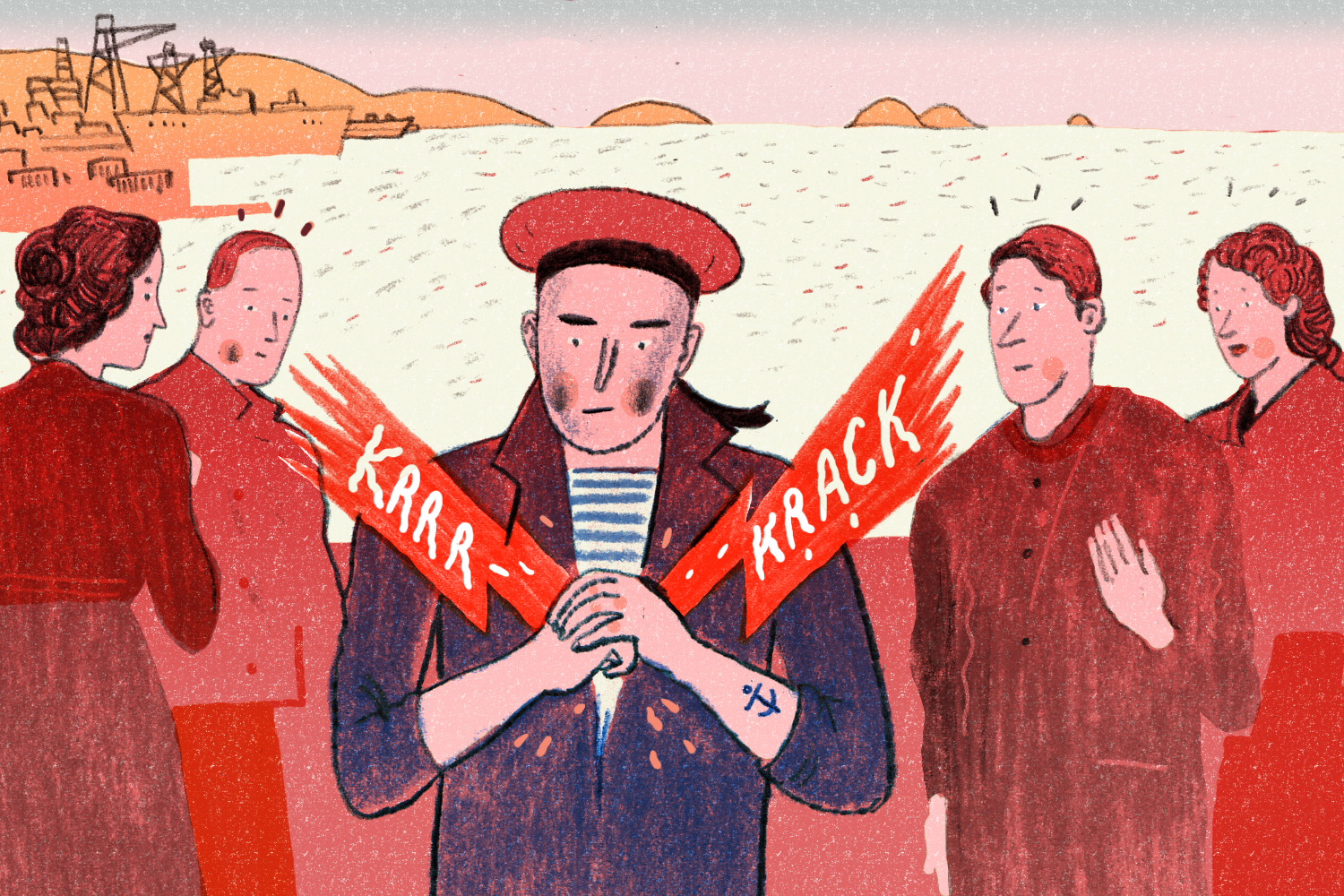
From fingers and toes to necks and knees, everyone knows a “cracker.” Up to 45% of people do it. And most habitual joint poppers have heard rumors their habit may cause arthritis. But are those rumors true?
First, a quick anatomy lesson: Many of your joints—including those that allow your fingers to beckon or point—feature small pockets or gaps that are filled with synovial fluid. Like axle grease, this fluid allows the bones that commingle in your joints to glide close to one another without grating, explains Dr. Pedro Beredjiklian, chief of hand and wrist surgery at Philadelphia’s Rothman Institute.
When you pull, twist or otherwise “crack” a joint, you’re expanding the volume of space between your bones, Beredjiklian says. That volume expansion creates negative pressure, which sucks the synovial fluid into the newly created space. This sudden inflow of fluid is the popping you feel and hear when you crack a knuckle, he adds.
Historically, this hasn’t always been so obvious. For about the last 50 years, many researchers have believed that the sound of a cracking knuckle meant that a bubble was popped as parts of the finger were separated. But one 2015 study published in the journal PLOS ONE disproved that popular myth about joint popping. Researchers conducted an MRI scan of a finger as it cracked in real time and found that, instead, the popping sound occurred when fluid rushed into the cavity.
The more you crack your joint, the more you stretch and loosen both its capsule and the surrounding ligaments. And the looser those components become, the more easily your joint will pop, Beredjiklian says.
So is this bad for your joints? Almost certainly not, he assures. Multiple studies have looked into the prevalence of “crackers” among large groups of osteoarthritis patients. They found no evidence that finger pullers and poppers are more likely to suffer from arthritis than those who don’t crack their knuckles. A recent study found that people who cracked their knuckles had the same levels of swelling, weakness, ligament looseness and physical function as those who did not.
One devoted researcher—a man who habitually cracked the joints on his left hand—actually studied himself. After roughly six decades of lopsided joint popping, this case study of one showed no increased presence of arthritis in his left hand as opposed to his right.
“Finger cracking is so common you would expect to see a lot of causal reports if it was harmful,” Beredjiklian says. “But you don’t. So I think it’s unlikely cracking joints in hands leads to arthritis.”
You Asked: Your Top 10 Health Questions Answered










While one 1990 study linked long-term joint popping to hand swelling and lower grip strength, there isn’t any more research to back up that finding. (In fact, two studies published in 2017 found that knuckle cracking did not affect grip strength.) On the other hand, at least one study concluded that knuckle cracking offers those who do it a sense of almost therapeutic “release.”
Poppers, you can ignore your fusty aunt or cranky coworker when they try to scare you with talk of debilitating cracking-related ailments.
Just one note of caution: Tendons catching on irregular bone or joint formations can also explain some clicking or popping sounds, especially in places like your neck, Beredjiklian says. Whether this can cause harm will depend on the person and his or her anatomy. But if a weird sound emanates from your shoulder or knee when you flex it a certain way, you may want to avoid angering that area with deliberate cracking.
Read next: You Asked: Is Coffee Bad For You?
More Must-Reads from TIME
- Cybersecurity Experts Are Sounding the Alarm on DOGE
- Meet the 2025 Women of the Year
- The Harsh Truth About Disability Inclusion
- Why Do More Young Adults Have Cancer?
- Colman Domingo Leads With Radical Love
- How to Get Better at Doing Things Alone
- Michelle Zauner Stares Down the Darkness
Contact us at letters@time.com